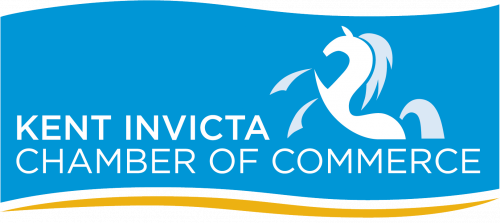Making CRM Work – An Interview With Michael Pay Co-Founder EMC Management Consultants
MAKING CRM WORK How to unify an organisation with a sense of purpose
Introduction
“You need to make people who aren’t your customers wish they were.” Gary Vaynerchuk, author of The Thank You Economy makes an interesting point.
Service, in short, is not what about what a company does, but who they are. It’s a reflection of the company’s personality.
A price advantage can be copied, but a strong customer service culture can’t be easily duplicated.
Customer service is the one asset that the competition cannot undersell. It’s the key differentiator in an age where ‘digital’ can easily result in a race to the bottom based on price.
In a report commissioned by Flowbird, business owners and directors from across generations and market sectors share their thoughts on customer relationship management and provide an their insight into how technology can be friend or foe in creating, building, and sustaining customer relationships.
This is one of the interviews to be included.
Getting closer has to be the intention
“IT should bring you closer to the client,but that actively has to be your intention. That has to be your focus, otherwise technology is calling the tune.”
Michael Pay is a fellow of the Chartered Institute of Chartered Accountants and co-founder of EMC Management Consultants, the corporate finance advisers and providers of the ‘mobile boadroom’ concept.
“I wonder,” he says, “whether companies realise how important managing expectations has become because of the faster moving environment we now living in.
“The problem is not only the expectation of an immediate answer to an email or text, but that things marked as urgent often aren’t. Unless an organisation is going to be under constant high-pressure, it’s important to respond to the client to say that you’re thinking about this matter they’ve raised and you’ll come back to them with a considered answer.
“It’s about keeping people up-to-date, although that should have always been the case, because updating the client is part of the relationship building process. Every Friday afternoon we’ll email the client with a status update so they know they don’t have to chase us for information. If they haven’t heard from us during the week they know that’s okay because it means there’s nothing pressing or untoward and that they’ll receive the usual update on the Friday. But that discipline have to be embedded into our processes.
“The biggest bugbear is when a supplier doesn’t communicate. Nine times out of ten the client probably didn’t need to phone to ask what’s happening but they’re anxious because they haven’t heard anything. Technology enables the service provider to remove that unknown.”
What frustrates Pay the most is that communication in the digital age can be over complicated. “Technology means someone can send a diary invite for a ten-minute conversation, but why don’t they just pick up the phone and make the call?” he muses. “Not everything in life has to be completely scheduled, because it can result in ‘done and dusted’ taking longer.
“And because of that, technology can suck up time rather than free it up. Because of home working it’s becoming ingrained that it’s necessary to book a call before picking up the phone.
“On the other hand, I would say there is no doubt people are more approachable because of the myriad of communication devices, and while before we were restricted to a regional footprint, now we can work anywhere – such as a project for a Middle East investment fund which also touched New York and Monaco, and we’ve never met the guys in person.
“In our corporate finance role, the key thing is that we’re negotiators and unless we are really able to understand the client, how do we know what is really going to be the best outcome for them? IT should make collaboration easier, regardless of location, because if we can have remote access to their systems, we can dive into the detail and answer some of the questions ourselves, which takes an element of the time pressure off the client. In other words, IT should make collaboration easier.”
Not just collaboration. Explains Pay: “I don’t think our philosophy of how we approach a potential client has changed from the days of a printed mailing list and posting out letters. There has to be a rationale for the communication.
“The issue is that IT makes volume communication easier and at less cost, so that the rationale can be lost because technology makes all things possible.
“I get it that we’re all too busy, but I’m old school and work on the basis that technology is here to enhance the fundamental way of approaching a particular potential client, and to make it easier to manage the progress of that communication.
“Communication now requires a more disciplined approach because of technology, otherwise it can either be intermittent or the recipient is flooded with it, which degrades your content.
“So it’s not enough to rationalise why you are sending something to a prospect. The process has to be diarised and the overriding consideration has to be how the communication will benefit the recipient rather than the sender.
“Then it’s about scheduling the follow-up and deploying IT to make sure that happens. Is there something we can come and talk to you about? A positive answer might be more forthcoming by seeing who is liking your posts on LinkedIn, and who is actually opening the email you sent them.”
But here’s what can happen otherwise, and Pay smiles at the irony of it.
“I get emails on a weekly basis from a plc competitor asking if I would like them to value our business, whether we really know how to sell our business, and do we need their help? I received something similar from a competitor as a LinkedIn message. I replied ‘did you not read my profile and see what we do’? They said no because they outsourced their LinkedIn activity!
“Today a company can buy a list of prospects and without qualifying each name they’ll just copy it into their prospects database. But it’s not rocket science to make the necessary checks before doing that.”
www.emcltd.co.uk
About Flowbird
We are a team of CRM, automation and business management solution experts with decades of combined experience in delivering business software solutions to clients around the globe.
We help companies succeed at streamlining their business and improve customer retention, enabling them to have all their customer and prospect information in one place and to keep track of their data, manage leads and provide their salespeople with the tools they need.
Services include: ∙
Scoping CRM requirement ∙
- CRM implementation
- CRM strategies
- Sales enablement
- Customer lifecycle management
- Advanced customer segmentation
- Analytics and reporting for end-to-end ROI on every lead
- Ongoing channel management and optimisation
Flowbird Ltd Unit 2, Epps Building, Bridge Road, Ashford, Kent, TN23 1BB
01233 743240
hi@flowbird.co.uk
flowbird.co.uk
About DECISION magazine
First published in 1988, DECISION magazine reflects the business lifestyle, the trials and tribulations, the hopes and aspirations of business owners and directors responsible for businesses with a turnover of £5million and above across the south of England.
07737 308371
mail@decisionmagazine.co.uk
www.decisionmagazine.co.uk


